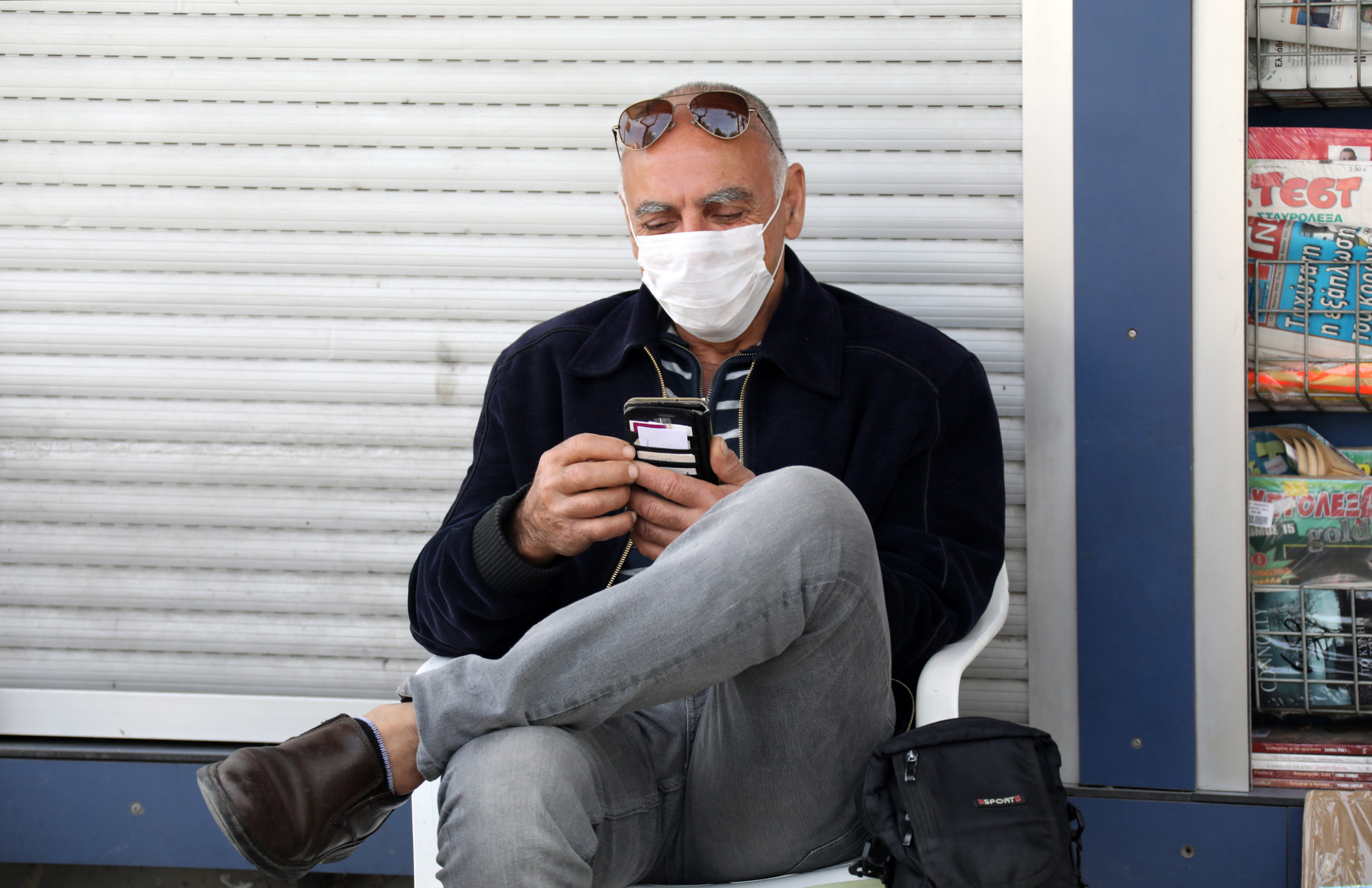The government has once again confused the public, to avoid a backlash over the Easter ‘holidays’ it decided to provide a Jekyll-and-Hyde approach in what it says publicly about the coronavirus.
While enforcing strict stay-at-home regime, it is confusing the public by admitting that ‘things are getting better’ and the administration will follow other EU member states in gradually lifting the lockdown.
This is the worst message it could give people.
It has given ammunition for more drivers crawling back on to the roads, elderly faithful going back to church and the number of people within stores getting closer and within breathing distance.
It is clear that the Anastasiades administration’s biggest worry is the ‘day after’ fallout and the impact this will have on the economy, with tourism (that accounts for a quarter of national income) wiped out for the rest of 2020.
Construction is at a halt, services have slowed down because we have been too late to adapt to new technologies, and the banks are in fear of witnessing a second meltdown, similar to 2012-2013.
Small and medium-sized enterprises are doomed, because the grandiose financial support has turned out to be selective, and the bulk is going to support the wider civil service, simply because we have elections around the corner.
If Moody’s prediction of a 6% GDP contraction is to be believed, together with the warnings from Fitch and other rating agencies about our bloated fiscal deficit, the best way for people to understand the magnitude of the economy’s loss is if our shipping sector was wiped out altogether.
Current government spending is unsustainable and borrowing money to close these holes will force us to make stupid mistakes yet again, as was the case of the greed that overran the development sector in the desperate effort by lawyers and accountants to sell passports.
The island’s ailing health sector has proven to be needing of the most support and it is criminal that politicians have ignored this sector, simply because the votes and union strength in state hospitals are far less than in other government departments, utilities or banks.
We have said this before – the health minister, relying often on skewed information from his courtiers, is doing his best to keep the general health system afloat, something that should have been a priority of all administrations.
The result is the present confusion, with policymakers taking hasty decisions, just to be seen to be doing so.
The day after scenario means that construction will have to restart, but with little cash to fund investments, resulting in further layoffs, with the rating agencies suggesting an expansion of unemployment by at least 3 percentage points.
The same is also true for the hotels, the leisure and entertainment sector, and everything else related to them.
The ruling party’s chief gloating that the economic measures of Cyprus are ‘the best in Europe’ is hardly convincing to the average Joe who has to keep his or her business afloat, with rents to pay, state contributions to make.
Not everyone will benefit from the ‘generous’ aid, which should force this administration to take some bold decisions for a change.
On the political side, an opportunity was lost to show genuine solidarity to the Turkish Cypriots, by providing medical and logistic assistance from Day One of the crisis, which would have won them over and brought the two communities closer together, looking to resolve their differences, that pales in the face of the deadly COVID-19.
Lack of new technology
Many employees are being told they do not qualify for the wage benefit, while the freeze on loans to banks and state contributions are only temporary, as if getting (yet another) loan, as small as it may be, will ever solve the problem.
Yet again, it is the private entrepreneurship that is about to drive Cyprus out of the crisis, with little help from anyone.
The Anastasiades administration should have imposed a 6-month freeze on all Social Insurance Fund contributions, including its own, without affecting the result for pensioners.
VAT should have been reduced by the two points that were explored earlier, that would have made the Cyprus services sector more competitive, albeit for six months.
Then again, the political risk would be, how to pay for the civil service payroll, that is untouched during this time.
A freeze on rents should have been counterbalanced with a reduction on duties or landlords, state schools should have adopted remote learning from the outset, instead of repeating their classroom material, as if in revision period.
Banks should have introduced more ATM-friendly facilities and state services should fast-track online e-government procedures, all of which would have boosted national competitiveness.
With municipalities failing to clean neighbourhoods and more people staying at home, litter is on the rise, raising concerns on how to deal with this newfound pollution, while the ‘green economy’ of recycling and reusing materials should have gone through the roof, instead of stalling.
President Anastasiades should decide if he wants to restart the economy on fresh foundations, or simply continue from where we had left off because day by day that is what it looks like.
There are a handful of start-ups and infrastructure projects on the island that should have been embraced by the government.
Instead, we’re back to a go-slow mode, using Easter as an excuse, and taking any opportunity to do things as we knew and wanted to.
There will be a ‘new normal’ in Cyprus, as in the rest of the EU and the world, which means nothing like people have known.
And leaders have to lead, not be undecisive or pointing fingers in front of a camera.










